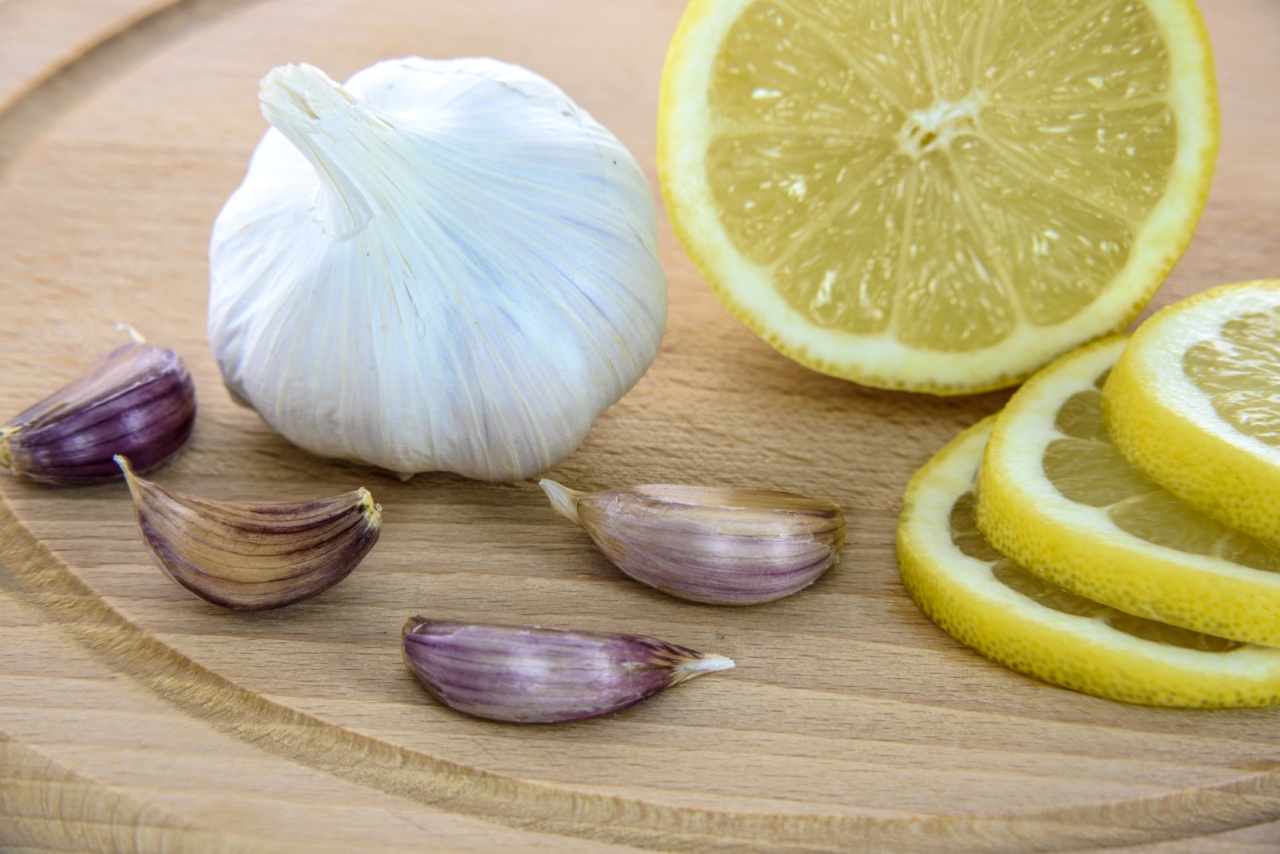Healing through nutrition has become a popular concept in modern times. Many people are looking for ways to improve their health through their diet. One key area of focus is gut health.
Maintaining a healthy gut is essential to overall health and well-being. In this article, we will explore the importance of gut health and how nutrition can aid in healing the gut.
What is Gut Health?
Gut health refers to the overall health and function of the digestive system. The gut is home to trillions of microorganisms, including bacteria, viruses, and fungi. These microorganisms play a vital role in maintaining gut health.
A healthy gut also ensures that the body can properly absorb nutrients, eliminate waste, and support immune function.
Factors That Affect Gut Health
Several factors can impact gut health, including:.
Diet
The food we eat can have a significant impact on gut health. A diet high in processed foods, sugar, and unhealthy fats can disrupt the balance of microorganisms in the gut, leading to inflammation, digestive issues, and other health problems.
Consuming a diet rich in fiber, whole grains, and plant-based foods can support gut health by promoting the growth of beneficial bacteria.
Stress
Chronic stress can have a negative impact on gut health. Stress can cause inflammation in the gut, disrupt the balance of microorganisms, and impair digestive function.
Finding ways to manage stress, such as through meditation, yoga, or exercise, can help to support gut health.
Medications
Some medications can damage the gut lining, disrupt the balance of microorganisms, and impair digestive function. Antibiotics, in particular, can be harmful to gut health, as they can kill off beneficial bacteria along with harmful ones.
If you must take medication, speak to your doctor about ways to support gut health during treatment.
How Nutrition can Heal the Gut
Nutrition plays a crucial role in supporting gut health. Certain foods can help to promote the growth of beneficial bacteria, reduce inflammation, improve digestive function, and strengthen the gut lining.
Here are some of the ways in which nutrition can aid in healing the gut:.
Probiotics
Probiotics are live bacteria that can be consumed through fermented foods, supplements, or both. Probiotics can help to repopulate the gut with beneficial bacteria, balance the gut microbiome, and support immune function.
Some probiotic-rich foods include yogurt, kefir, sauerkraut, kimchi, and kombucha.
Prebiotics
Prebiotics are indigestible fibers that promote the growth and activity of beneficial bacteria in the gut. Prebiotics are found in many plant-based foods, such as onions, garlic, leeks, asparagus, and bananas.
Fiber
Fiber plays a crucial role in supporting gut health. Fiber acts as a prebiotic, promoting the growth of beneficial bacteria. Fiber can also help to regulate bowel movements, reduce inflammation, and support immune function.
Some high-fiber foods include whole grains, fruits, vegetables, and legumes.
Omega-3 Fatty Acids
Omega-3 fatty acids have anti-inflammatory properties and can help to reduce inflammation in the gut. Omega-3s are found in fatty fish, such as salmon and sardines, as well as in flaxseeds, chia seeds, and walnuts.
Glutamine
Glutamine is an amino acid that can help to support gut health by strengthening the gut lining and reducing inflammation. Glutamine is found in many high-protein foods, such as beef, chicken, fish, dairy products, and beans.
Bone Broth
Bone broth is made by simmering bones, meat, and vegetables in water. Bone broth is rich in nutrients that can support gut health, including collagen, amino acids, and minerals.
Bone broth can help to reduce inflammation, repair the gut lining, and support immune function.
Conclusion
Gut health is a vital aspect of overall health and well-being. By prioritizing nutrition and consuming foods that support gut health, we can aid in healing the gut and improve our overall health.
Incorporating probiotics, prebiotics, fiber, omega-3 fatty acids, glutamine, and bone broth into our diets can all help to promote a healthy gut. Speak to your doctor or a registered dietitian to learn more about how you can support gut health through nutrition.






























